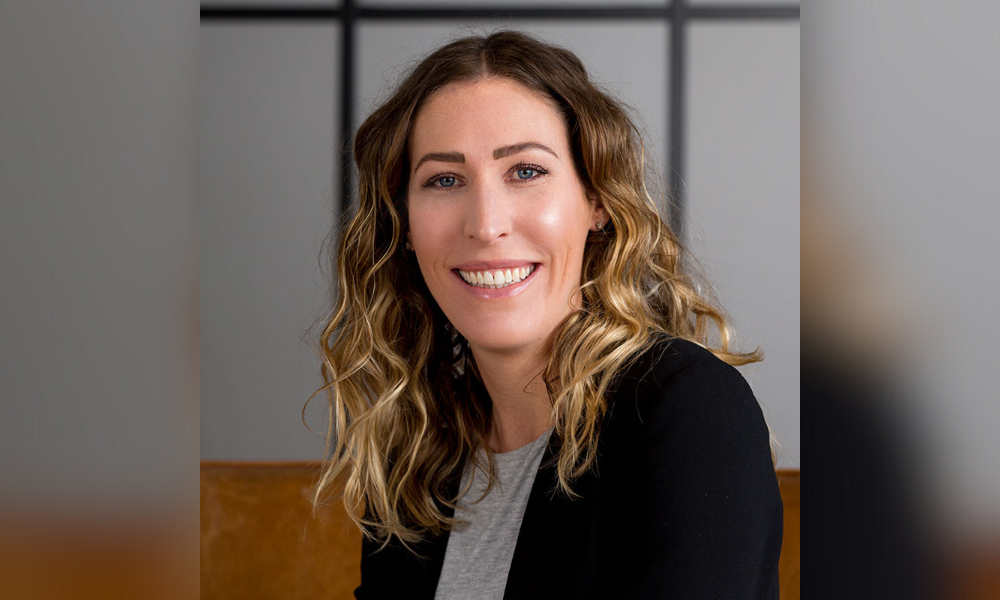
The McCaw Lewis director points to an aging work force as a concern for the profession

With the priorities of the new generation of lawyers changing, succession has become a concern for the profession, according to Amanda Bedford. The McCaw Lewis director highlights the aging workforce that are now facing challenges as they prepare to step away from their businesses.
In the second part of this interview, the 2024 Most Influential Lawyer and 2024 Elite Woman shares to NZ Lawyer her definition of the core of law, what differentiates excellent lawyers from good lawyers, and why she finds the influx of new technology to be exciting.
I would describe it as ‘manaaki tangata’ – at its essence it is taking care of people. Our job is to interpret and apply the law for the benefit of people – our clients. I think what separates the excellent lawyers from the good ones is their ability to manage people and the various relationship dynamics that play out in the work that we do.
The reputation of lawyers and the value of the services we provide. There is a long-standing perception of lawyers and the fees that we charge that needs to change. The work that we do can bring about so many positive outcomes for clients and save a lot of time and stress in the long run.
Succession with an aging work force and the changing priorities of the new generation of lawyers. It seems that there are less and less young lawyers who do aspire to run a law firm and this creates real challenges with those that are looking to retire and exit their own businesses.
I think it’s really exciting and it will help to ensure that basic work can be undertaken efficiently and accurately, while freeing up more time for lawyers to put real thought into the more complex matters where we can add value.